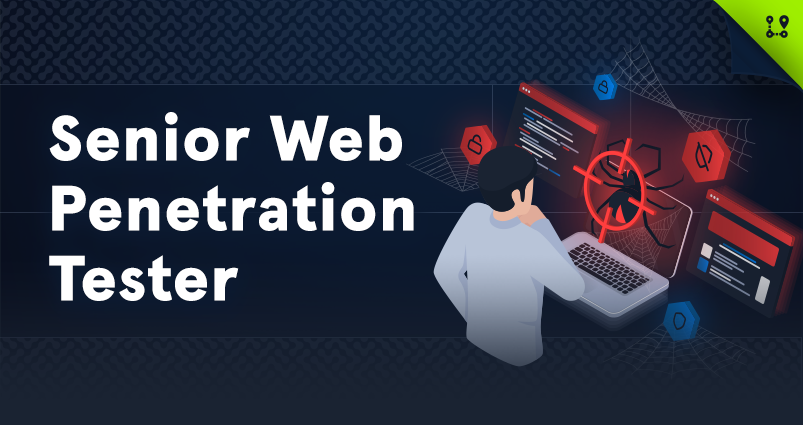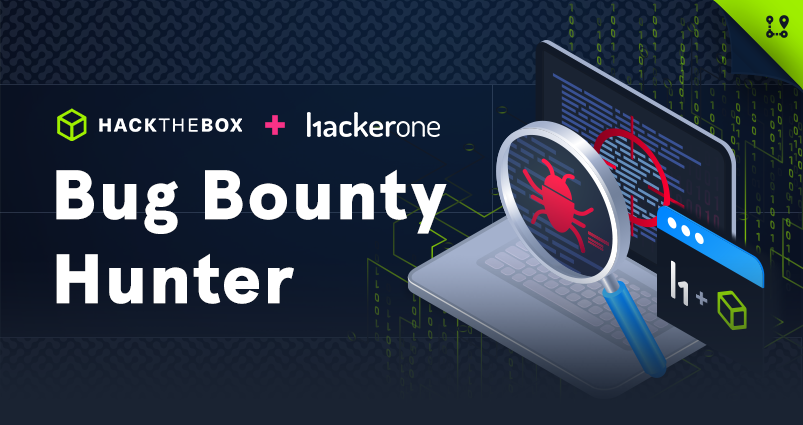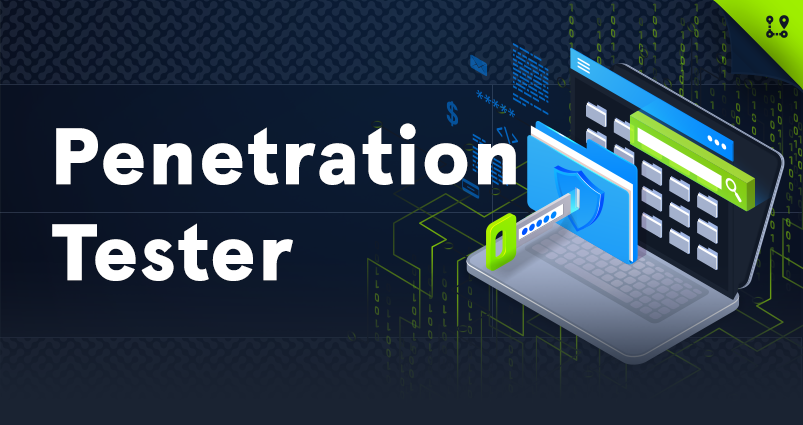
The Senior Web Penetration Tester Job Role Path is designed for individuals who aim to develop skills in identifying advanced and hard-to-find web vulnerabilities using both black box and white box techniques. This path encompasses advanced-level training in web security, web penetration testing, and secure coding concepts. It also provides a deep understanding of the application debugging, source code review, and custom exploit development aspects of web security. Equipped with the necessary theoretical background, multiple practical exercises, and a proven methodology for web vulnerability identification, students will eventually be capable of performing professional security assessments against modern and highly secure web applications, as well as effectively reporting vulnerabilities found in code or arising from logical errors.







